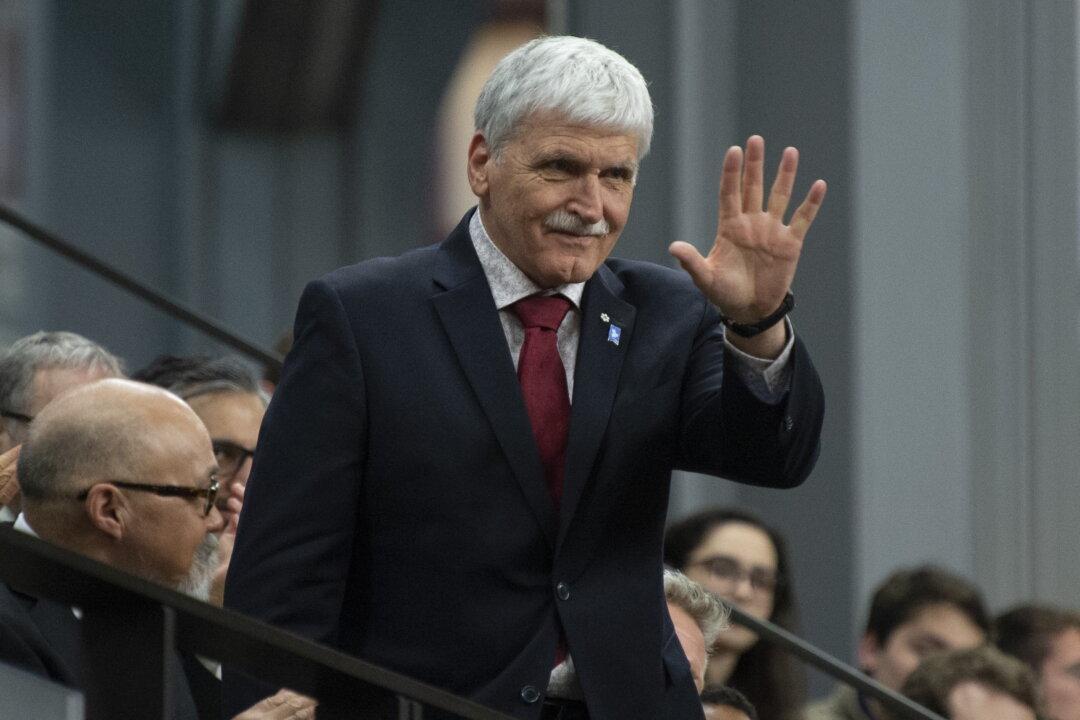Retired Lieutenant-General Roméo Dallaire said self-interest is what’s obstructing the Canadian government from calling out Beijing over its genocide against the Uyghur Muslims in Xinjiang.
“Self-interest and a lack of wanting to take the risk of holding accountable great nations who do horrible things is still prevalent,” Dallaire said in an interview on CBC’s Power and Politics program on Wednesday.
“You’re either a great nation that believes in its values and in what its flag stands for, and what so many have died to defend it ... you’re either that, or you’re not.”
But Prime Minister Justin Trudeau and his cabinet did not show up, except for Foreign Affairs Minister Marc Garneau, who voted on behalf of the cabinet to abstain from voting on the motion.
Dallaire, who was the former force commander of the United Nations Assistance Mission for Rwanda before and during the 1994 genocide, said Canada need not do it alone.
“Canada must build a coalition of a whole bunch of other like minded middle powers to make pressure in order to influence the capability, both economic and political, surrounding China,” he said.
The report says that the CCP’s intent to destroy the Uyghurs is “derived from objective proof, consisting of comprehensive State policy and practice, which President Xi Jinping, the highest authority in China, set in motion.”
The authors noted in the report that the genocide is conducted systematically, starting by collecting Uyghurs’ biometric data, to assigning party cadre teams to monitor them, and subsequently destroying their cultural and religious site, language, and poetry—all central to their identity and life.
The CCP next criminalized their religious practices, built, and expanded the internment camps and detention facilities where about 1 to 2 million Uyghurs were detained. What follows is forced labour, forced abortions, mass sterilization of Uyghur women, widespread rape, sexual abuse, and forced separation of the Uyghur children from their parents, the report wrote.
Dallaire said he is saddened by the fact that lessons learned from previous genocides are used as tools to intervene only after a catastrophe occurs, but not before it.
“When there is massive abuses of human rights by a state ... we all have the responsibility to go in and protect them,” he said.
“We signed up to it. The world signed up to it.”





